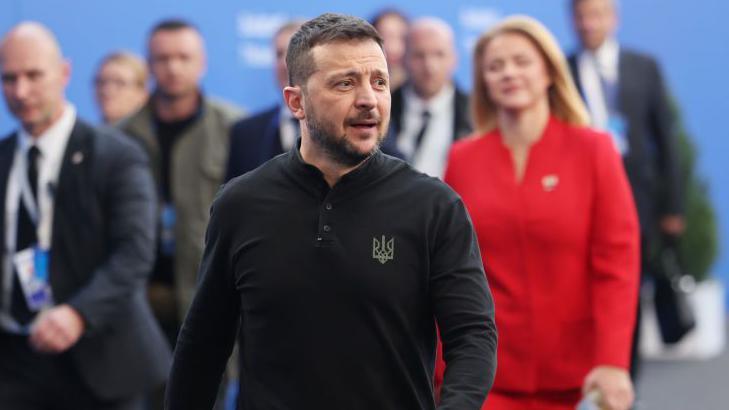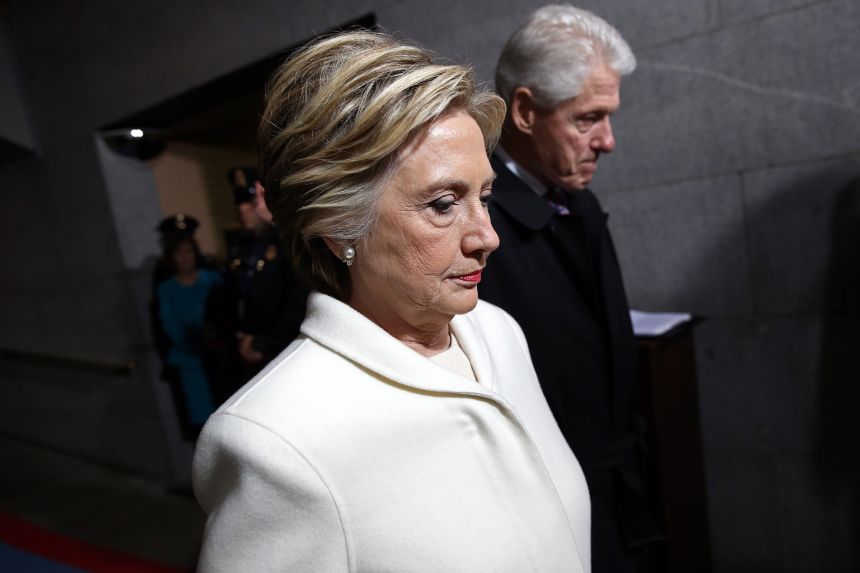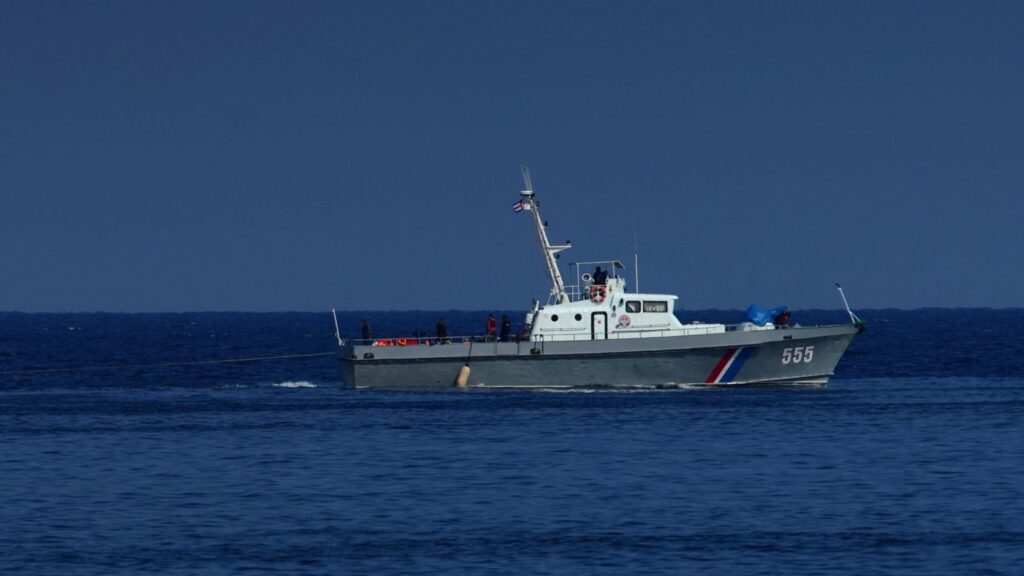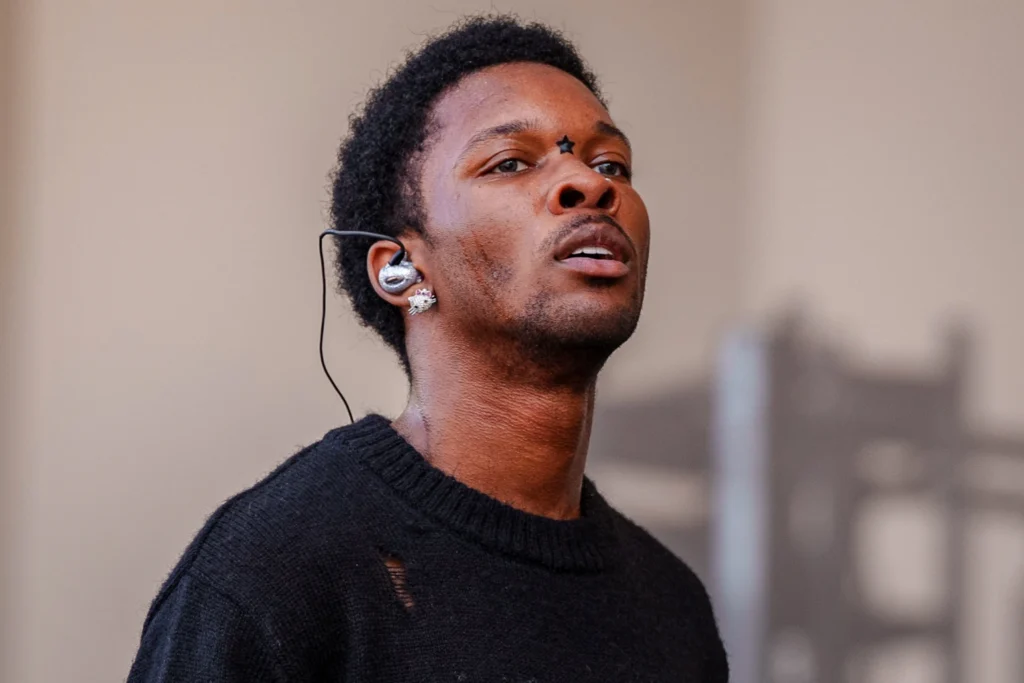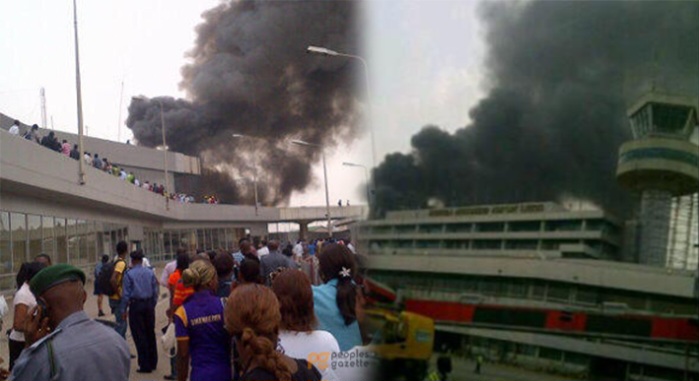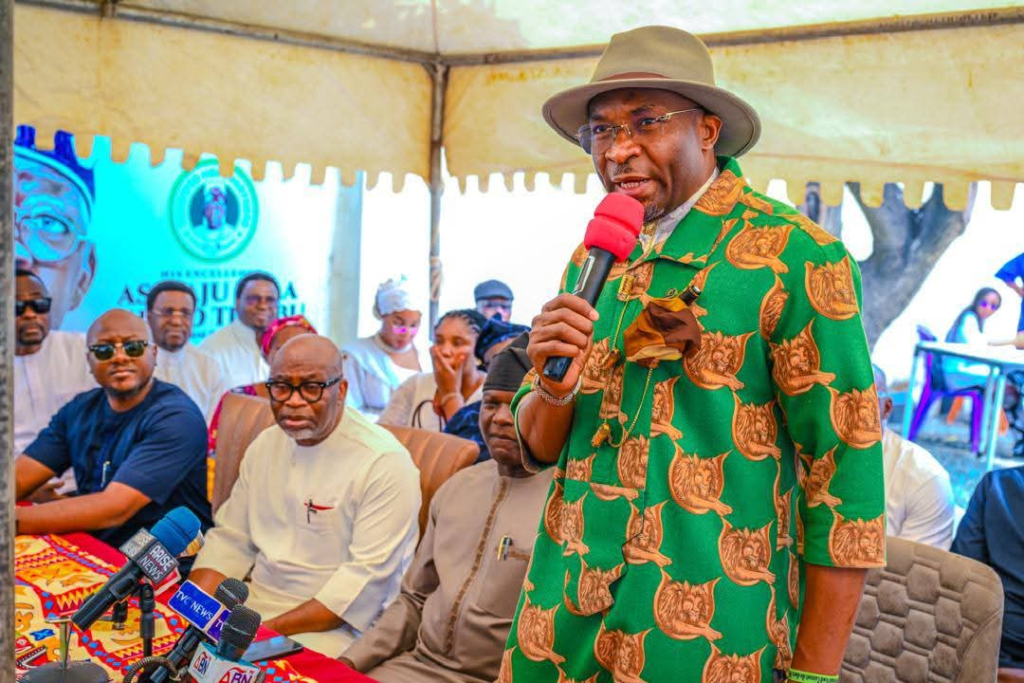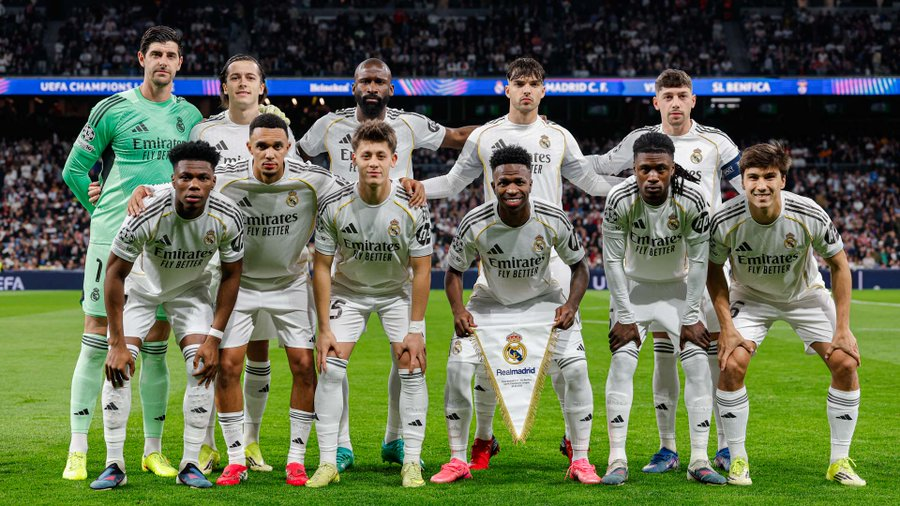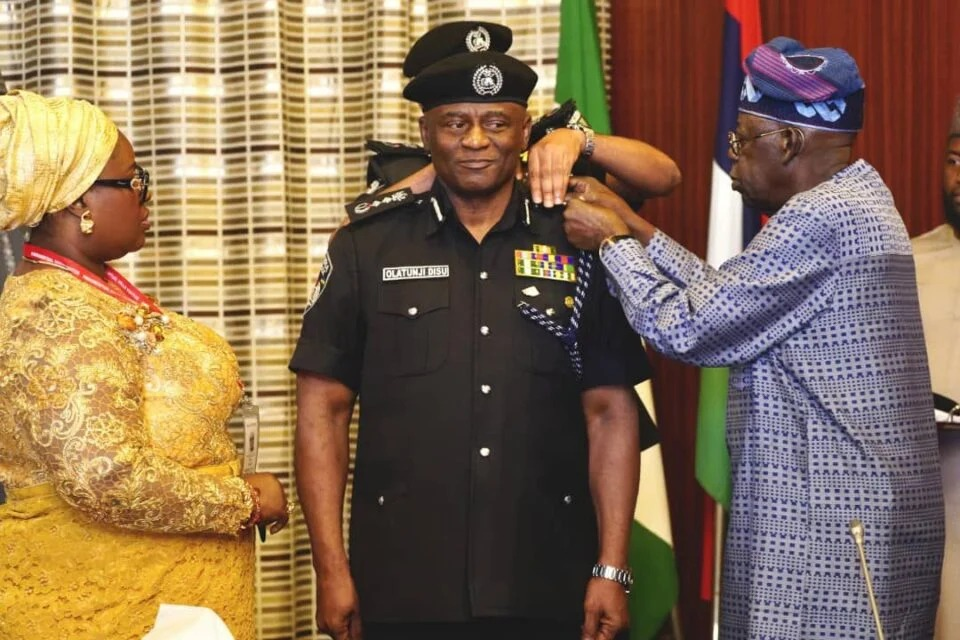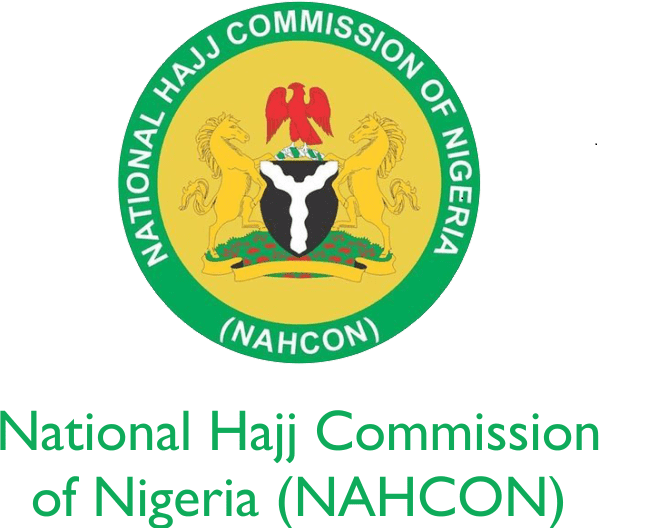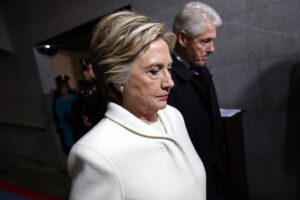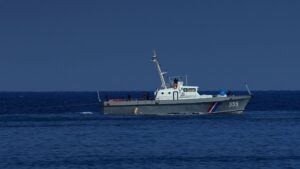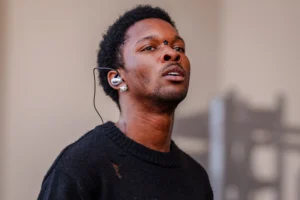Donald Trump’s re-election has sparked deep discussions across Europe, with dozens of leaders gathering in Budapest for a timely opportunity to address the implications.
During Trump’s first term, U.S.-Europe relations grew tense, with Trump frequently criticizing European nations for not contributing more to their own defense. He also expressed frustration over the U.S. trade deficit with Europe, directing much of his ire toward Germany. Former German Chancellor Angela Merkel can attest to the challenging dynamic.
Now, with Trump returning to the White House, European leaders are questioning what his presidency will mean for the continent—and especially for Ukraine. Ukrainian President Volodymyr Zelensky is in Budapest for a European Political Community summit, an initiative of French President Emmanuel Macron, launched after Russia’s full-scale invasion of Ukraine to address shared continental issues.
The prevailing concern is that the new U.S. administration may slow or even halt military aid to Ukraine. The U.S. has been Ukraine’s largest single donor by a significant margin, and Europe may find it difficult to fill the gap left by reduced American support.
Trump has previously claimed he could end the Russia-Ukraine war in a single day, but questions remain about whether he supports a Ukrainian victory.
European leaders, including UK Prime Minister Sir Keir Starmer, French President Emmanuel Macron, and German Chancellor Olaf Scholz, have consistently vowed to back Ukraine. On Thursday, Ukrainian President Volodymyr Zelensky will urge them to honor that commitment amid mounting challenges.
The outlook for Kyiv is increasingly uncertain. Not only is U.S. military aid in jeopardy under a new Trump administration, but Ukraine’s second-largest donor, Germany, faces instability after its three-party coalition government collapsed on Wednesday.
Adding to the complexities, Thursday’s meeting will be hosted by Hungarian Prime Minister Viktor Orban, a known Trump supporter with close ties to Moscow. Orban has consistently resisted sanctions on Russia and has declined to supply Ukraine with defensive weapons.

